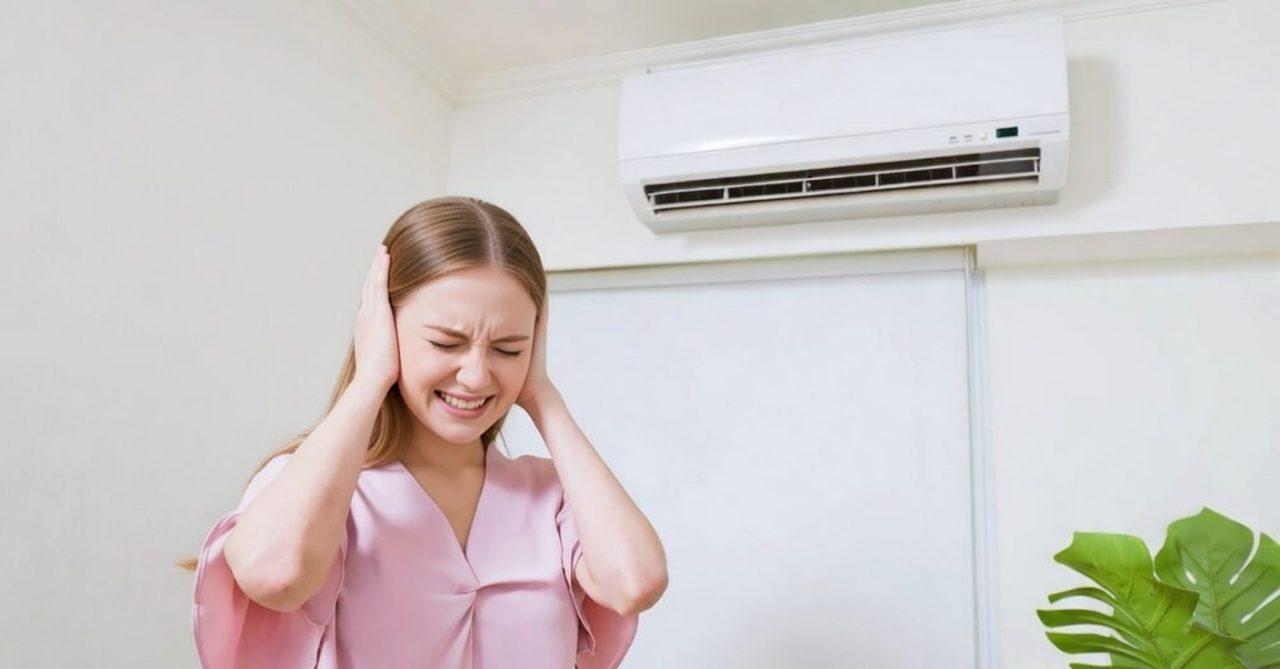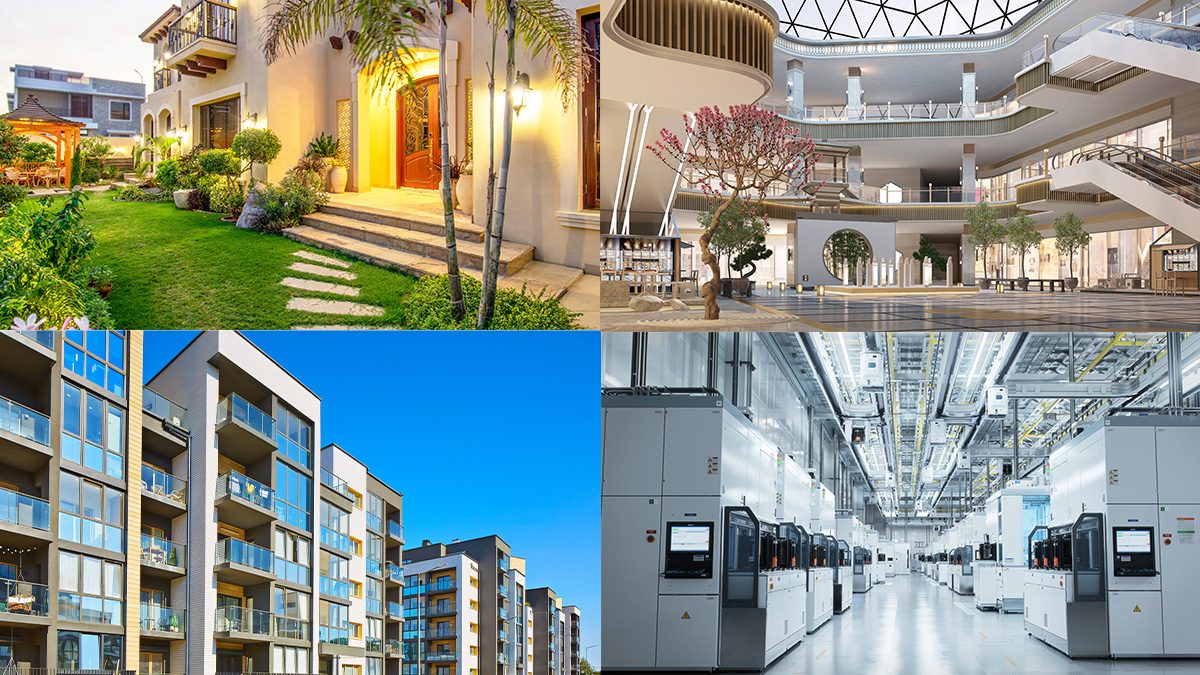
When you’re trying to create the best possible atmosphere in your home or business, it’s sometimes confusing as to which device you need. Both humidifiers and air purifiers have a number of advantages, each able to ensure that the indoor air that you breathe is of the highest quality possible. It makes your home environment more pleasant, and your work environment more productive.
In this article, we will look at what you need to know when you’re thinking of getting either an air purifier or a humidifier. You’ll learn the key differences between them, the benefits of each, and how to make that all-important decision. So let’s jump in and start with an explanation of the key differences between the two appliances.
Air purifier vs humidifier: The differences explained
To start, let’s look at some of the most important differences between air purifiers and humidifiers. This is an important first step in figuring out which is going to be best for your particular environment.
Application: Start by thinking about what each device actually does. In short, an air purifier cleans the air and filters out a wide range of impurities like dust, smoke and other pollutants. Meanwhile, a humidifier’s key function is to add moisture into the air, perfect for dry environments.
How to maintain them: Depending on the model, air purifiers need filter replacements roughly once or twice each year. Meanwhile, humidifiers need water refills on a regular basis, and importantly they do need to be cleaned quite regularly to ensure there is no mold buildup.
Cost: Costs may vary significantly for air purifiers as well as humidifiers depending on the capacity and functions of the machine. What suits you best will depends on the size of the room and the specific application of the device.
Coverage: Air purifiers offer greater coverage than humidifiers. As mentioned when we discussed cost, the size of the device you will need will very much depend on the room size you want to use it in.
Benefits of air purifiers
Air purifiers can significantly improve indoor air quality by removing allergens, pollutants, and other airborne contaminants. Whether you suffer from allergies, asthma, or simply want cleaner air in your home or office, these devices offer a range of benefits. Here’s a closer look at what they can do:
Reduction of airborne allergens: Air purifiers are beneficial to those suffering from allergies by clearing pollutants. In fact, they may even improve the environment for those suffering from mild allergy symptoms because of pollen, pet dander and other particles. While they’re not a medical solution, it has been shown that air purifiers can help those who do suffer from allergies. They work particularly well in small enclosed areas but may be less effective in larger areas.
Reduce dangerous chemicals: Indoor air can contain volatile organic compounds (VOCs) from all kinds of pollution outside whether that’s from vehicle exhaust, construction, household cleaning agents, and so on. Some HEPA and activated carbon filter air cleaners can actually adsorb VOCs and trap fine particulate matter, improving indoor air quality. If this is something that you want, it’s important to check whether the particular purifier that you’re purchasing can in fact do this and has the correct filters.
They help to remove dust: Dust can be really irritating to the respiratory system. HEPA filters will trap most of the dust particles, although it should be said that air purifiers only remove airborne dust, not dust which is already embedded in furniture and carpets. But using a purifier can at least clear some of it from the air.
They stop mold growth: Air purifiers can remove airborne mold spores before they fall and then start to grow. While they cannot kill mature infestations, they are very useful for controlling airborne ones. However, it’s important to address the core reason for the mold, which is indoor humidity.
Alleviate asthma symptoms: Airborne toxins like smoke, dust and pollen can trigger asthma in some people and while air purifiers are not a medical solution, they may be helpful in this respect by ensuring the air that you breathe is clean.
Which one do you need?
Selecting an air purifier or a humidifier is based on your individual needs and the problem you’re trying to solve. Although both can enhance indoor air quality, they differ in their exact function. Let’s look at this now in more detail.
Air Purifiers: An air purifier is ideal if you’re concerned about airborne contaminants such as dust, pollen, pet dander, smoke, mold spores or volatile organic compounds (VOCs). These devices use HEPA and activated carbon filters to capture microscopic particles, reducing allergens and improving respiratory health.
Air purifiers are particularly effective for:
People with allergies, asthma or respiratory conditions
Homes in polluted or high-traffic urban areas
Households with pets or smokers
Removing airborne bacteria, mold spores and viruses
However, air purifiers cannot:
Add moisture to the air
Alleviate dryness-related issues like itchy skin or sinuses
Humidifiers: A humidifier introduces moisture into the air, removing dryness that causes itchy skin, chapped lips, dry eyes and throat irritation. It is best utilized in dry, cold weather or winter when heating indoor areas reduces humidity.
Humidifiers are particularly effective for:
People with dry skin, sinus congestion or sore throats
Dry environments or excessive use of indoor heating
Stopping wood furniture from cracking due to dryness
However, humidifiers cannot:
Remove allergens, pollutants or odors
Stop mold. In fact, excessive moisture can encourage mold growth if not properly maintained
Which one should you choose?
If air quality and allergens are your highest concerns, use an air purifier. If dry air and discomfort bother you, a humidifier is the solution. Under some circumstances, both together will provide the best result – an air purifier purifies the air, and a humidifier maintains the moisture level.
In all cases it’s worth speaking to an expert to ensure that you have the best possible solution.
About Daikin
From air purifiers to humidifiers, Daikin is the world leader in air conditioning and HVAC systems, offering a complete range of systems to meet the needs of residential, commercial, and industrial clients. From packaged units and split systems to ductless mini-splits and advanced VRF (VRV) technology, Daikin products are engineered for optimal performance, energy efficiency, and comfort year-round.
With business in 140 countries and millions of systems installed, Daikin continues to lead the industry in innovation and customer support. Learn more about Daikin’s HVAC products by contacting us today.



